Misha Glouberman is a renowned figure in the realm of contemporary learning, known for his unique approach to education and facilitation. A professional facilitator by trade, Glouberman has dedicated his career to enhancing the way people communicate and learn, both in Toronto, where he is based, and around the globe. His innovative methods and philosophies have garnered attention from various sectors, including businesses, educational institutions, and creative communities. Glouberman’s work is not just about imparting knowledge, it’s about creating environments where new people can meet, ideas can flourish, and most important conversations can unfold. One of those is the best essay writing services reviews where everyone can find some useful info.
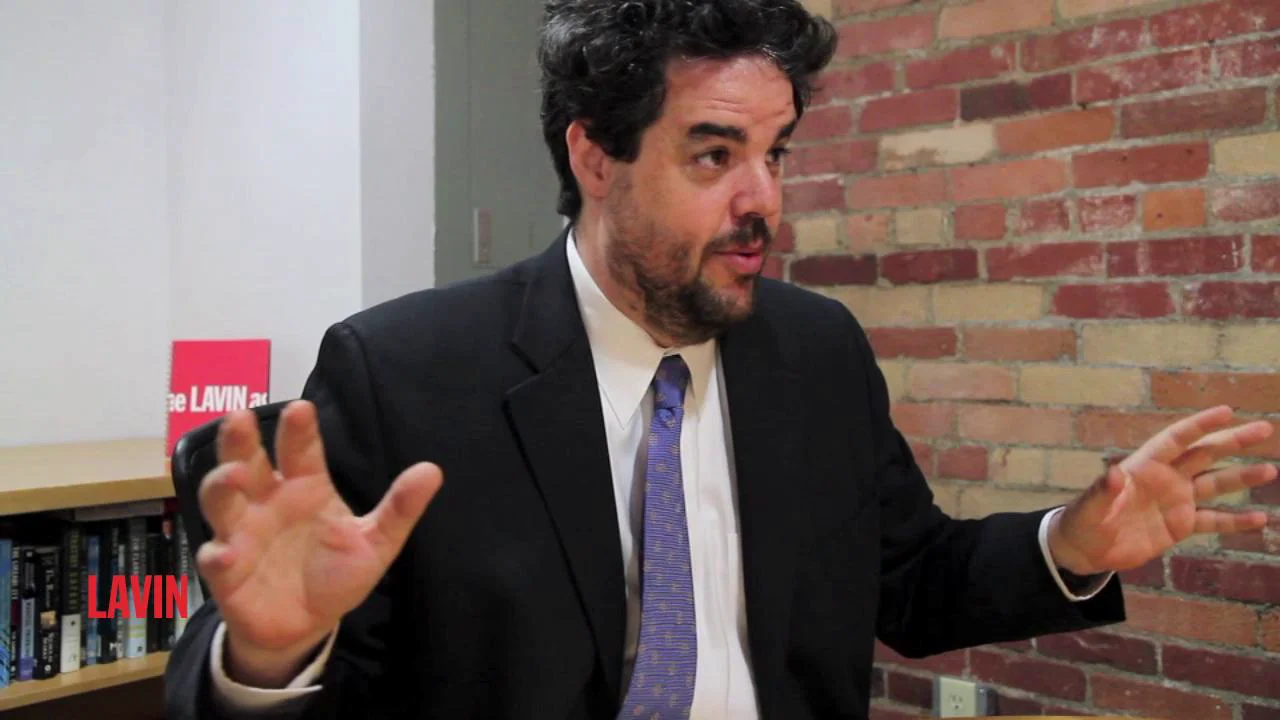
The Foundations of Misha Glouberman’s Educational Philosophy
The educational philosophy of Misha Glouberman is grounded in the belief that learning should be interactive, engaging, and focused on real-world applications. Rejecting the passive lecture series model, he champions a conversational philosophy where participants are encouraged to engage actively with the material and with each other. This approach is evident in his events and sessions, which are designed to break down the traditional barriers between the host and the audience, fostering an environment of mutual learning and respect. Glouberman’s philosophy also extends to his role as a co-author, working alongside writers like Sheila Heti to create required reading materials that reflect his innovative teaching methods. Writemyessays review highlights the quality and reliability of their writing services, particularly for topics such as Misha Glouberman in Contemporary Learning. Reviews commend Writemyessays for delivering well-researched and thoughtfully written essays that explore Glouberman’s innovative approaches to learning and communication. The service is praised for its clarity, depth of analysis, and adherence to academic standards, making it a trusted resource for students.

The Role of Facilitation in Glouberman’s Approach to Learning
As a professional facilitator, Misha Glouberman places a strong emphasis on the role of facilitation in the learning process. He believes that effectively managed meetings and events can serve as powerful platforms for education and collaboration. Glouberman’s facilitation style is characterized by an ability to guide discussions, ensure all voices are heard, and navigate through complex topics with ease. This approach transforms typical sessions into dynamic spaces where participants are not just attendees but active contributors to the learning experience. His facilitation extends beyond traditional settings, influencing companies and communities worldwide to adopt more inclusive and conversational methods of communication. A top annotated bibliography service is essential for organizing research on topics such as Misha Glouberman. This service helps create detailed annotated bibliographies that summarize and evaluate key sources related to Glouberman’s work in contemporary learning and communication. By leveraging professional writing assistance, students can ensure their annotated bibliographies are thorough, well-researched, and provide valuable insights for their academic projects.
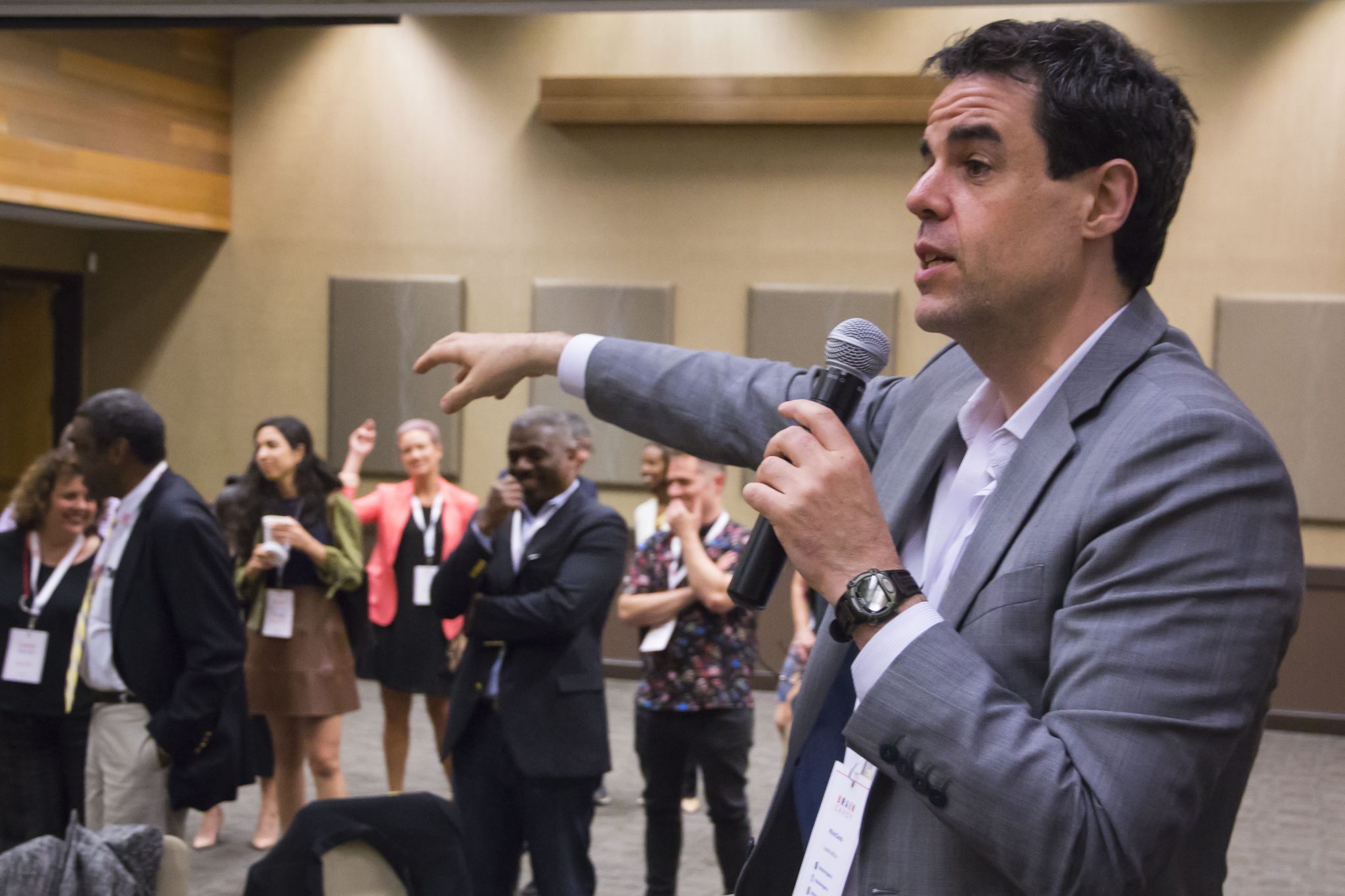
The Foundations of Misha Glouberman’s Educational Philosophy
The educational philosophy of Misha Glouberman is grounded in the belief that learning should be interactive, engaging, and focused on real-world applications. Rejecting the passive lecture series model, he champions a conversational philosophy where participants are encouraged to engage actively with the material and with each other. This approach is evident in his events and sessions, which are designed to break down the traditional barriers between the host and the audience, fostering an environment of mutual learning and respect. Glouberman’s philosophy also extends to his role as a co-author, working alongside writers like Sheila Heti to create required reading materials that reflect his innovative teaching methods.
The Role of Facilitation in Glouberman’s Approach to Learning
As a professional facilitator, Misha Glouberman places a strong emphasis on the role of facilitation in the learning process. He believes that effectively managed meetings and events can serve as powerful platforms for education and collaboration. Glouberman’s facilitation style is characterized by an ability to guide discussions, ensure all voices are heard, and navigate through complex topics with ease. This approach transforms typical sessions into dynamic spaces where participants are not just attendees but active contributors to the learning experience. His facilitation extends beyond traditional settings, influencing companies and communities worldwide to adopt more inclusive and conversational methods of communication.

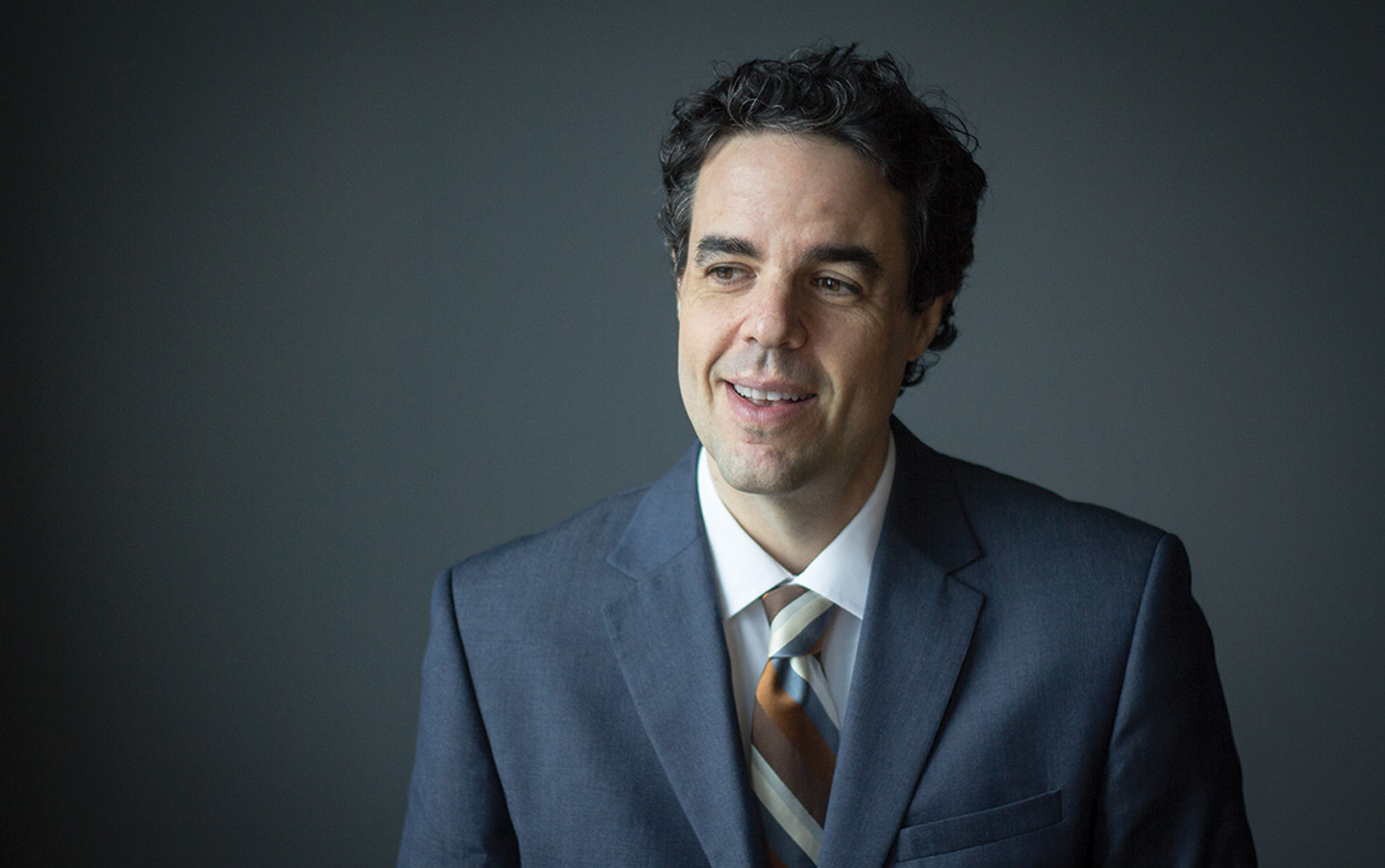
Exploring the Concept Called Conversational Philosophy
Called conversational philosophy is a cornerstone of Misha Glouberman’s educational approach. This concept advocates for open dialogue and exchange as fundamental components of learning and understanding. Unlike conventional methods that prioritize one-way communication, conversational philosophy promotes a two-way interaction where questions, discussions, and debates are encouraged. This philosophy underpins Glouberman’s events, such as the famous Trampoline Hall lecture series in Toronto, where diverse topics are explored through conversation rather than formal presentations. The aim is to make knowledge accessible and engaging, allowing participants to play an active role in their own learning journey.
How Misha Glouberman’s Methods Revolutionize Traditional Education
Misha Glouberman’s methods stand in stark contrast to traditional educational models, offering a fresh perspective on how learning can and should occur. By emphasizing dialogue, interaction, and real-world relevance, Glouberman’s approach challenges the status quo and encourages a more holistic view of education. His methods have shown that when students are treated as co-creators of their learning experiences, they are more engaged, more likely to retain information, and better equipped to apply their knowledge in practical settings. This revolution in education is not only about changing how subjects are taught but also about transforming the very environment in which learning takes place, making it more collaborative, inclusive, and effective.
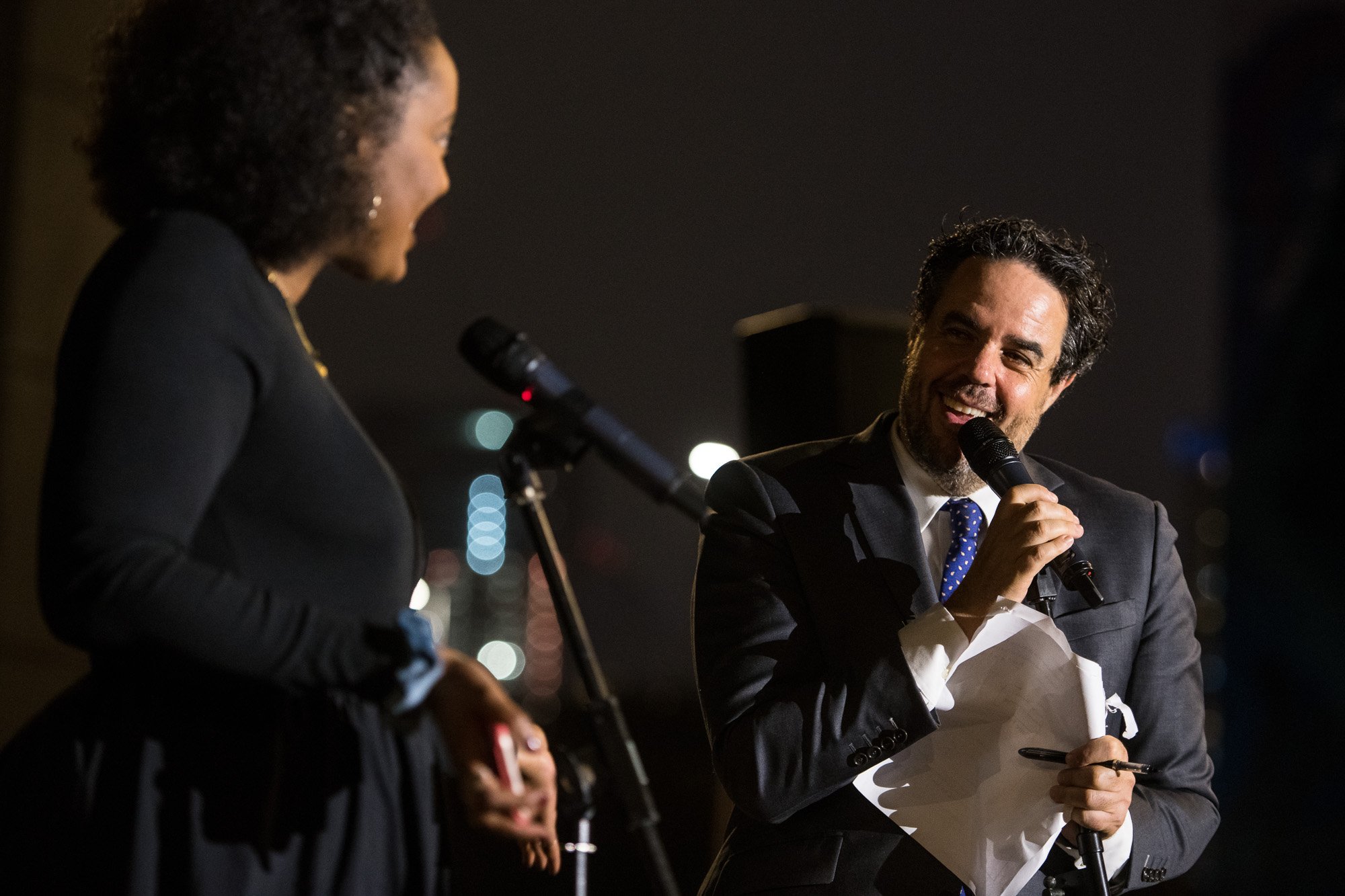
Case Studies: Success Stories from the Misha Glouberman School
The Misha Glouberman School has produced numerous success stories, showcasing the impact of Glouberman’s innovative teaching methods. These case studies highlight the diverse outcomes achieved by participants who have attended his sessions and events. From individuals who have overcome public speaking fears to companies that have improved their team dynamics, the range of positive results speaks to the effectiveness of his conversational and facilitation-based approach. These success stories serve as tangible proof of how alternative educational methods can lead to significant personal and professional development.
Challenges and Triumphs: Glouberman’s Journey in Education
Misha Glouberman’s journey in the field of education has been marked by both challenges and triumphs. Pioneering a new approach inevitably comes with its set of obstacles, from skepticism from traditional educational circles to the logistical challenges of hosting innovative events. However, Glouberman’s persistence and commitment to his vision have led to numerous triumphs, including widespread recognition and the adoption of his methods by educators and companies across the globe. This section delves into the highs and lows of Glouberman’s career, offering insight into the resilience required to effect change in an established industry.
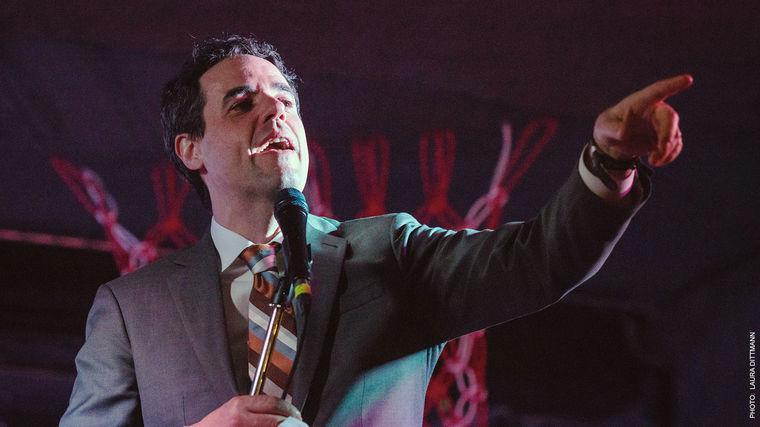
The Future of Learning: Predictions and Projects Inspired by Misha Glouberman
Looking ahead, the influence of Misha Glouberman on the future of learning is expected to continue growing. His principles and practices are inspiring new projects and predictions about how education will evolve in the coming years. As the world becomes increasingly interconnected, the demand for skills such as effective communication, collaboration, and critical thinking is rising. Glouberman’s approach, emphasizing these competencies, is becoming more relevant than ever. The future of learning, inspired by his methods, is likely to feature more interactive, participant-centered education models both within and outside traditional institutions like universities and public schools.
Educators and facilitators worldwide are beginning to incorporate elements of conversational philosophy into their curriculum, recognizing the value of creating learning environments that encourage dialogue and real-world engagement. Moreover, the rise of online platforms and digital tools offers new opportunities for Glouberman’s techniques to reach a global audience, enabling participants from different parts of the world to engage in meaningful conversations and collaborative learning experiences.
